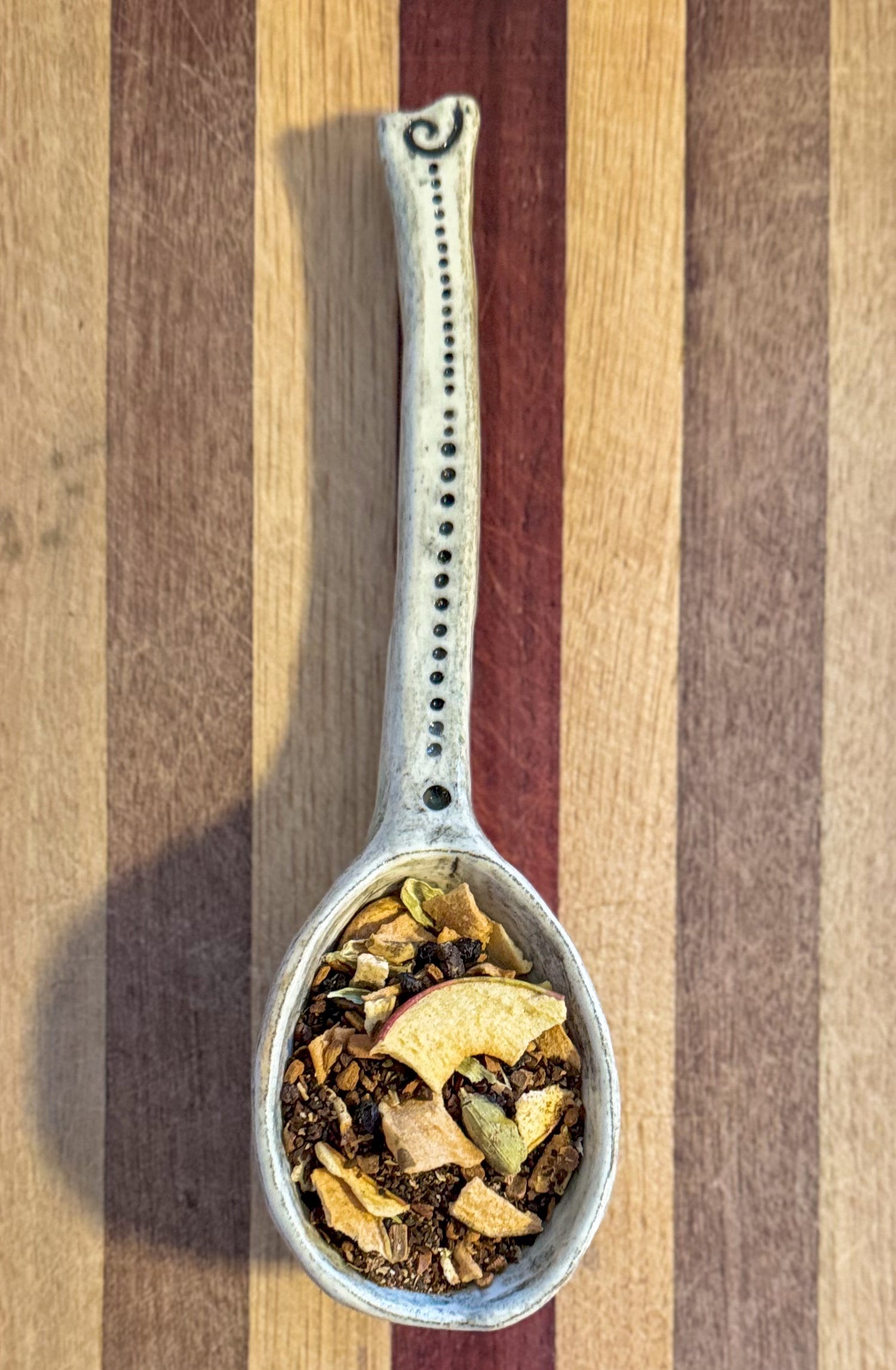As the summer heat continues to rise, it's time to turn our attention to the remarkable lemon balm plant and its cooling and calming properties. Known for its delightful aroma and soothing effects, lemon balm is a go-to herb for finding relaxation and tranquility in the midst of the summer hustle. Let's explore the wonders of lemon balm and discover how easy it is to incorporate into our lives.
Lemon balm, scientifically known as Melissa officinalis, is a perennial herb that belongs to the mint family. This herbaceous beauty can be found in many parts of the world, including Europe, North America, and Asia. Its leaves boast a distinct lemony scent that instantly uplifts the senses and brings a touch of freshness to any space.
One of the fantastic aspects of lemon balm is how effortless it is to grow. Whether you have a sprawling garden or limited space, this herb is versatile and can thrive in various conditions. Lemon balm can be cultivated in pots or directly in the ground, making it a perfect addition to your herb garden or even a sunny windowsill. Its
resilience and ability to spread quickly also make it an excellent option for those new to gardening.
Now, let's explore the many ways you can use lemon balm in its fresh or dried form. When fresh, the leaves can be harvested and infused in hot water to create a calming herbal tea. The aromatic properties of lemon balm will soothe your senses, offering a moment of relaxation on warm summer days. You can enjoy it warm or let it cool and pour it over ice for a refreshing iced tea option.
Drying lemon balm leaves allows you to preserve this herb's cooling properties for use throughout the year. Once dried, the leaves can be crumbled and stored in airtight containers. You can then add them to homemade herbal blends, potpourri sachets, or even use them as a natural air freshener. The dried leaves can also be infused in carrier oils to create soothing balms or incorporated into bath salts for a relaxing, aromatic soak.
Lemon balm's cooling and calming properties make it a wonderful companion during the summer months. Its gentle nature helps to reduce feelings of restlessness and occasional anxiety, allowing you to find a sense of calm in the midst of the seasonal buzz.
So, why not bring the magic of lemon balm into your life? Consider growing this versatile herb, and explore the joy of incorporating its fresh or dried leaves into your herbal creations. Let the uplifting aroma and soothing effects of lemon balm enhance your well-being and add a touch of serenity to your summer days.
Wishing you a serene and refreshing summer filled with the wonders of lemon balm!
Citrusy Lemon Balm Salad Dressing:
Enjoy the vibrant and refreshing flavors of this citrusy herbal salad dressing! The lemon balm adds a delightful citrusy note and a touch of herbaceousness to elevate your salads with a burst of freshness. Feel free to experiment with different salad combinations and add any additional toppings or ingredients that suit your taste.
Ingredients:
- 1/4 cup extra-virgin olive oil
- 2 tablespoons fresh lemon juice
- 1 tablespoon orange juice
- 1 tablespoon honey or maple syrup (adjust to taste)
- 1 tablespoon finely chopped fresh lemon balm leaves
- 1 teaspoon Dijon mustard
- Salt and pepper to taste
Instructions:
1. In a small mixing bowl, combine the extra-virgin olive oil, fresh lemon juice, orange juice, honey or maple syrup, finely chopped lemon balm leaves, and Dijon mustard.
2. Whisk the ingredients together until well combined and emulsified.Taste the dressing and adjust the sweetness or acidity by adding more honey or lemon juice if desired.
3. Season with salt and pepper according to your preference.Let the dressing sit for a few minutes to allow the flavors to meld together.
4. Before serving, give the dressing a final whisk to ensure it's well mixed.
5. Drizzle the citrusy lemon balm salad dressing over your favorite salad and toss gently to coat the greens.
Note: If you don't have fresh lemon balm available, you can use dried lemon balm leaves instead. However, remember to adjust the quantity to taste, as dried herbs tend to have a more concentrated flavor.


